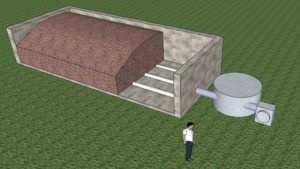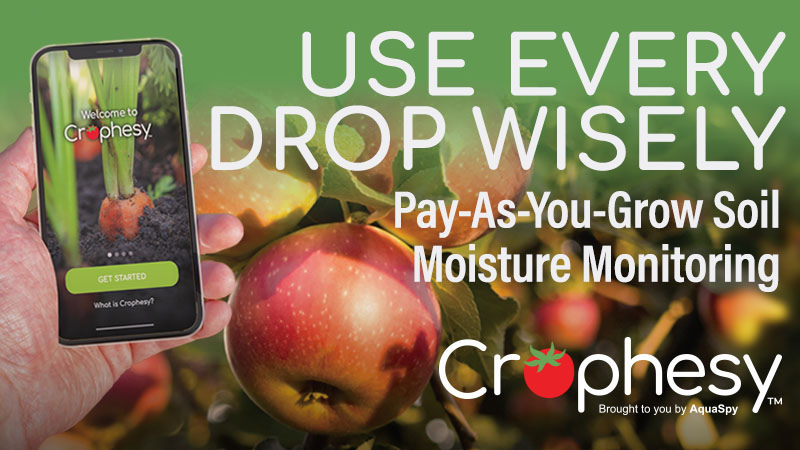How To Hatch Agricultural Innovation Ideas

Synergy Power LLC has developed a device that has potential to harvest heat from waste in industrial food processing facilities and other applications.
For those of you who have developed ideas and technology you wish to capitalize on, The Great Lakes Ag-Tech Business Incubator (GLATBI) based in West Olive, MI, can help you do just that.
The GLATBI, which officially opened its doors in 2014, is designed to support growers and ag-related entrepreneurs to help develop, market, and sell their agricultural inventions. Whether it is a piece of equipment, a tool, or software, GLATBI works one-on-one with clients to help get his or her product or service to market successfully.
GLATBI works with a variety of clients including specialty crop growers, large row-crop producers, and engineers. Currently, all clients are based in Michigan, but the organization plans to expand its reach to include other clients in the Midwest as well as nationwide.
Paul Sachs, Executive Director of GLATBI, shares details on how the organization works with its clients, what it takes to be successful as an innovator, and where he sees the organization heading.
The Makings Of A Good Product
When determining what type of invention has potential, Sachs says, off the bat, it has to be transformative.
“Perhaps it will significantly increase the harvesting of crops or reduce labor cost. If there is new machinery that does that work and nothing else exists like it in the marketplace, that is huge,” he says.
Meanwhile, products that may not fare well in the marketplace are typically cumbersome, rudimentary, and do not provide good cost/benefit.
“You have to look at the cost to purchase it versus the labor savings, and ask about the ROI. You want something that could really improve a farmer’s operation, reduce costs, add more value, and increase production,” he says. “Those are items that really stand out.”
Current Projects
One of the incubator’s clients that shows promise is Synergy Power LLC, which has developed an energy harvesting device that has potential to harvest heat from waste in industrial food processing facilities and other applications.
“There are multiple opportunities for this particular engine, which is unique. We are working diligently with this client to see what markets they can tap into,” Sachs says.
Other projects include technology that is increasing efficiencies in greenhouses and helping plant growth, controlled lighting systems, harvesting equipment, software to monitor plant health, organic fertilizers produced with new technological processes, and more.
Continued Support
In the agreement with the client, GLATBI promises to remain by their side for three years.
“We say a minimum of three years, but that can continue as they need help. It’s in everybody’s interest to make the company as successful as we can,” Sachs says.
Because GLATBI has the support of many sponsor organizations in Michigan, they have a wide network of resources for their clients to tap into.
If it turns out that a client’s business plan needs to be refined, or certain details of the product need to be worked over, GLATBI may refer them to one of their partners for assistance.
“We just take a good assessment of everybody’s resources and time and assist the clients the best we can either by ourselves, or with our partners,” Sachs explains.
Future Plans
Currently, GLATBI is funded in part by their sponsor organizations and a USDA grant they received in summer 2016 for marketing and outreach.
“[With the USDA grant] we’ll be doing more marketing materials, potential rebranding. This way, more people can learn about our existence and how we can help farmers with their inventions,” Sachs says.
However, in the future, Sachs says he would like to see the incubator become self-sustainable.
“My goal for the next five years is for us to get to the point of getting products to market, generating revenue to sustain our operations, and be fully funded going forward.”
For more info on the GLATBI, visit Agtechincubator.com.









